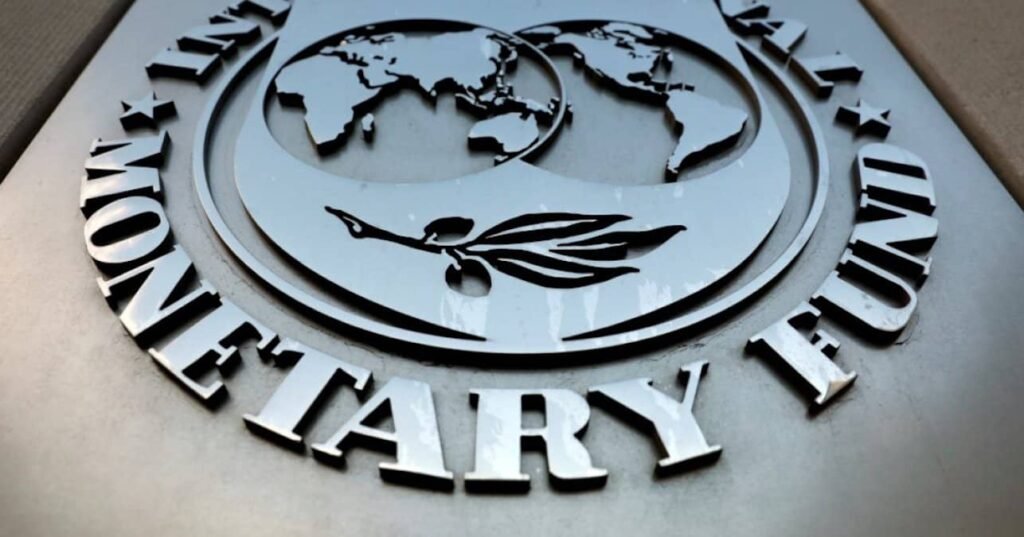Like fireworks, Nigeria Subsidy Ratio shoots up to Three Hundred and Thirty-Six Billion Naira (N336Billion) in 2021, the International Monetary Fund, IMF, has revealed.
The international financial institution also cautioned Nigeria on the skyrocketing subsidy payments and the adverse effects it poses on the largest economy in Africa.
On Thursday, while speaking during a zoom meeting with delegates from the Nigerian Government, IMF’s Country Director, Jesmin Rahman, pointed attention to the fuel subsidy payments.
Rahman described fuel subsidies as a ‘Disturbing Trend’ and advised that the best route for Nigeria is to allow ‘Market Trends’ to decide petroleum pump price.
An analysis of a document from the Federation Account and Allocation Committee, FAAC, formed under the watch of Nigerian National Petroleum Corporation, NNPC, shows subsidy payments in the first four months of the year exceeded N336 Billion.
In January, the document recorded fuel subsidies to cost N25.37 billion and N73.13 billion in February. As for March and April, NNPC increased fuel payments to N111.97 billion and N126.30 billion sequentially.
Quit Nigeria Subsidy Payments- IMF tells FG
The IMF requested that the Nigerian Government reduce or cease payment of subsidies, which is already hindering the economy’s growth and may eventually worsen the current situation if it continues.
Note that the financial institution fosters global monetary cooperation, secure fiscal stability, facilitate international trade, to foster high employment and sustainable economic growth, among other responsibilities.
IMF stressed the importance of introducing ‘Market-Based Fuel Pricing Mechanisms’ and the need to deploy well-targeted social support to cushion any impact on the poor in Nigeria.
Also, Rahman suggested that Nigeria minimizes reliance on the Central Bank of Nigeria, CBN’s excessive money lending for debt servicing.
The Country director included the fact that Nigeria needs to improve budget planning and public finance management procedures to allow for more flexible financing from domestic markets and better integration of cash and debt management.
They advised that the Federal Government endeavour embarking on more exports exploits and seek foreign investments that would improve the economy’s looks and boost the Gross Domestic Products, GDP.
For compensation, Rahman disclosed that Nigeria’s economy is gradually recovering from the negative impacts of the COVID-19 pandemic.

